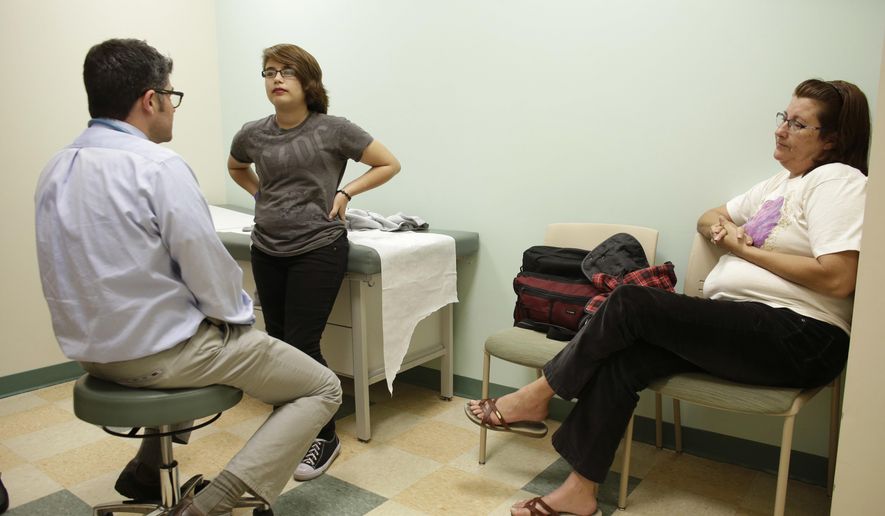Transgender and gender-questioning teenagers are more likely than their peers to engage in risky sexual behavior, commit suicide and be the victims of bullying, according to new medical research.
The study by Vanderbilt University researchers Gilbert Gonzales and Cameron Deal found that transgender and questioning teenagers reported experiencing bullying, sexual and dating violence, mental health problems, suicidal tendencies, risky sexual behaviors, and drug and alcohol abuse at higher levels than that of their peers.
And more transgender students reported these health disparities than their gender-questioning peers.
“Transgender adolescents reported differences from cisgender adolescents on most measures in all 5 domains and from gender-questioning adolescents on most measures in all domains except sexual risk behaviors,” the researchers wrote in the study.
Their research, which was published Tuesday in the Journal of the American Medical Association, surveyed high school students in 15 states.
While only 18% of the students who identified with their biological sex reported being bullied at school, 41% of transgender students and 37% of gender-questioning students said it had happened to them.
Only 6.9% of high school teenagers who identified with their birth gender reported making a suicide attempt, compared to 30% of transgender and 27.9% of questioning peers.
Transgender teens also reported being more sexually active than their peers, with more of them having unprotected sex and sex with four or more partners. More transgender teens than others said they used addictive substances before sex as well.
Transgender and questioning high school students were also at least 10% more likely than their peers to smoke cigarettes, vape, drink alcohol, binge drink, smoke marijuana and use cocaine.
The study analyzed data sets from the 2017 and 2019 Youth Risk Behavior Surveys, which 48 U.S. states conduct on an average of every two years. The national health survey focuses on high school students in grades 9 to 12.
Of the 197,149 teenagers surveyed, 96.6% said they identified with the gender of their biological sex. Only 1.8% of high school students described themselves as transgender and 1.6% as gender questioning.
There were 4,092 transgender respondents, 3,661 gender-questioning respondents, 189,396 cisgender participants and 3,942 who said they did not know what the question was asking. Another 6,131 students were excluded from the final results because they skipped the gender identity question.
• Sean Salai can be reached at ssalai@washingtontimes.com.




Please read our comment policy before commenting.